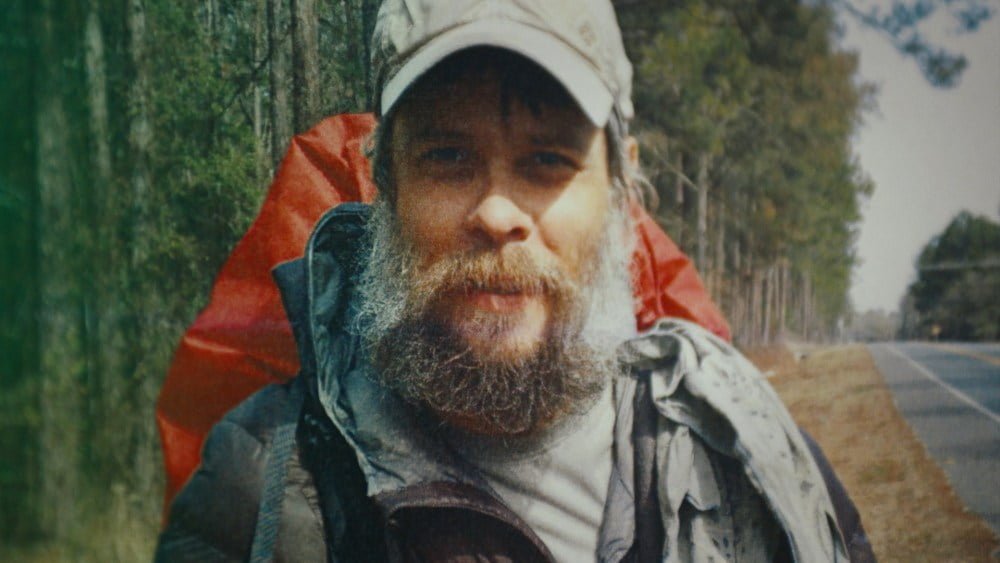Doc About Mystery Hiker Explores World of Female Internet Sleuths
[ad_1]
It’s one thing for a person to go off the grid. It’s a whole other story when no one can identify a hiker’s dead body for more than two years.
Director Patricia E. Gillespie explores the mystery of the unidentified man in Max‘s upcoming documentary “They Called Him Mostly Harmless,” which made its world premiere on Oct. 8 at the Hamptons Intl. Film Festival.
The unidentified hiker had no ID, phone, credit card, or any way to be identified when police found him deceased in a tent at Florida’s Cypress National Preserve in 2018. The hiker didn’t appear in any missing persons database, and no family members or friends came forward to claim his body. The John Doe soon became known by his trail names — “Ben Bilemy” and “Mostly Harmless.”
When police had no way to identify the hiker a group of amateur internet sleuths began working leads in hopes of crowd-sourcing the case. After two years of detective work, internet sleuths not only discovered the hiker’s identity but also his reasons for deliberately vanishing. Like docuseries “Don’t F**ck with Cats” and “Crime Scene: The Vanishing at the Cecil Hotel,” Gillespie’s “They Called Him Mostly Harmless” relies on internet detective communities to tell the story.
At the 31st Hamptons Intl. Film Festival, which concludes on Oct. 12, Variety spoke to Gillespie and film’s producer, Anchor Entertainment’s Ethan Goldman, about the importance of web sleuths, self-discovery, and premiering the docu in East Hampton.
How did this project come together?
Goldman: We discovered Nicholas Thompson’s “Wired” article “The Unsettling Truth About the ‘Mostly Harmless’ Hiker” when it was published in 2021. [Ed note: Thompson first published a story about the then-nameless hiker on Nov. 2, 2020.]
Gillespie: Actually, in 2020 (producer) Eric Cook began following the story. Then, when Nick’s article picked up a lot of traction, and it became something on the eve of the 2020 election that millions of people were reading while this political upheaval happening around the country, that’s when Ethan and Eric said, “Wow. This could actually be much broader.” I came in after Warner Brothers Discovery was involved. We all recognized the universal nature of this story. Then, together we decided the most interesting part of the story wasn’t actually the mystery of the guy. It was the story of the myth making behind him and what motivated these people who were searching for him.
It seems like internet sleuths are usually trying to find a killer. Why do you think they were interested in an unidentified hiker?
Gillespie: There is a subculture of people who are specifically dedicated to identifying Jane and John Does. There are an estimated 30,000 to 80,000 unidentified people in morgues across the country, and there is a lot of work to do to give those people a name and let their families know what happened to them so that they can have closure. In this particular story, there was an unusual amount of attention on this hiker. I think, in some part, because he had met so many people while he was hiking and he was also obviously actively trying to obscure his identity, made it very mysterious. Also, he just seemed to break through because of his demographics.
Would you say that this is a film about an unidentified man, or is it about the female internet sleuths who identified him?
Gillespie: To me, the story was never about him. It was about what his story meant to other people. And it’s a story about finding yourself when you’re looking for somebody else. There are a lot of people, overwhelmingly women, who are finding purpose and identity in (internet detective work). Many of the people you see in the film might not have been afforded the opportunity to lead or feel powerful in other spaces in their lives. This internet sleuthing world and the true crime community is a way for them to reclaim that agency and try to do something good for people.
Ethan, when you went to Max with the idea for this doc, did you pitch it as a true crime project?
Goldman: We didn’t pitch it as true crime. In fact, our intention was to take that genre, which is so vast, and really turn it on its ear. It was very important to us that we weren’t just doing another true crime doc.
What made you want to premiere the docu at the Hamptons Intl. Film Festival?
Gillespie: I showed my previous film (“The Fire That Took Her”) here, and I had a really great experience. So I was really excited to return with this film.
“They Called Him Mostly Harmless” will screen in November at the Miami Film Festival. The docu will premiere on Max in early 2024.
[ad_2]
Source link

